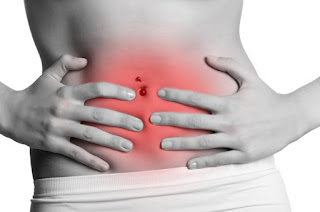Healthy Eating Guidelines For Older
Healthy Eating Guidelines For Older Adults and there nutrition is impacted by several factors, one of them being a change in body composition. During the final years in your life, the body will lose bone and muscle and gain fat because the hormones aren't as active like when you where a young adult .
There are many things that can set back an aging adult health. The information provide below will help you to top stay on top of your game - no matter how old you may be.
1. Water
Water in the body decreases with age, so many older people will become dehydrated very easily. Sometimes they won't feel thirsty, while other times it's too much work to pour a glass a water. With this in mind, it's recommended that they drink at least 1 ounce of water for every 2.2 pounds of weight.
2. Protein
At this stage in life, protein is very important. Protein is needed to support a healthy immune
system and prevent the wasting of muscle. Since energy needs are less, older folks should eat high
quality protein such as eggs, lean meats, poulty, and fish.
3. Carbs and fiber
Carbohydrates are the main source of energy for the entire body. You can find carbs in bread,
cereals, pasta, and other grain products. A diet that's high in fiber and water will help to
prevent constipation as well.
4. Fat
Fat intake for the elderly should be limited, not eliminated. You can limit fat by choosing lean meats,
low fat dairy products, and food preparation methods that don't include frying.
5. Iron
For the elderly, iron deficiency can be seen with those who aren't eating much. Good sources for
iron include lean red meats breakfast cereals or organic beets.
6. Zinc
Zinc intake is normally with the elderly, and to make matters worse, it's not absorbed very well
either. Meat, poultry, and fish should be a part of your diet to help you meet the requirements for
zinc.
7. Calcium
Foods high in calcium are almonds,yogurt, low fat cheese, and broccoli can also help you meet your daily requirements in Calcium.
8. Vitamin B12
In order to absorb the benefits of B12, the intrinsic factor must be produced by the stomach. Most elderly people suffer from a deficiency in B12 because they have a condition known as atrophic gastritis. This condition causes inflammation of the stomach, bacterial overgrowth, and the intrinsic factor. Without the intrinsic factor, this vitamin can be absorbed.
Each one of the above nutrients are needed to keep an aged body in good health. Elderly individuals
should try to stay active and strive for a well balanced diet. Even though the aged body isn't the
same as it used to be, proper care and the right nutrients can help the elderly enjoy a healthy and
long life.




























